Enhancing education for international understanding, promoting cultural exchanges and learning
Despite globalization and the advance of communications technology, cultural differences persist, and education to promote international understanding remains as important as ever.
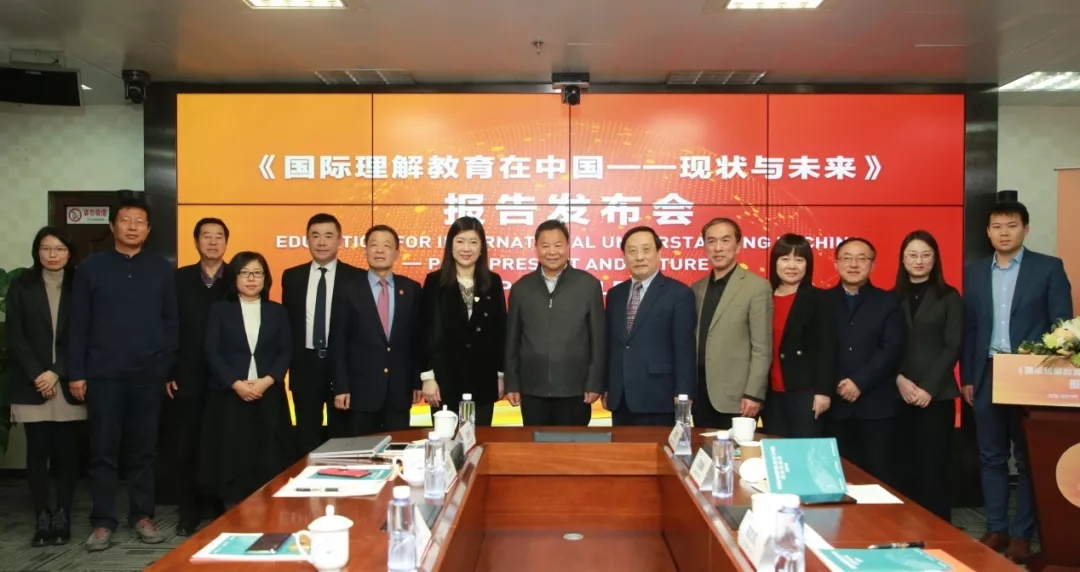
On December 26th, the Center for China and Globalization (CCG), Beijing Royal Charity Foundation (BRCF) and Research Institute of International Education South-South Cooperation co-released the report “Education for International Understanding in China—Past, Present and Future 2019” in Beijing. The report provides insight into the current situation and future of “education for international understanding” in China.
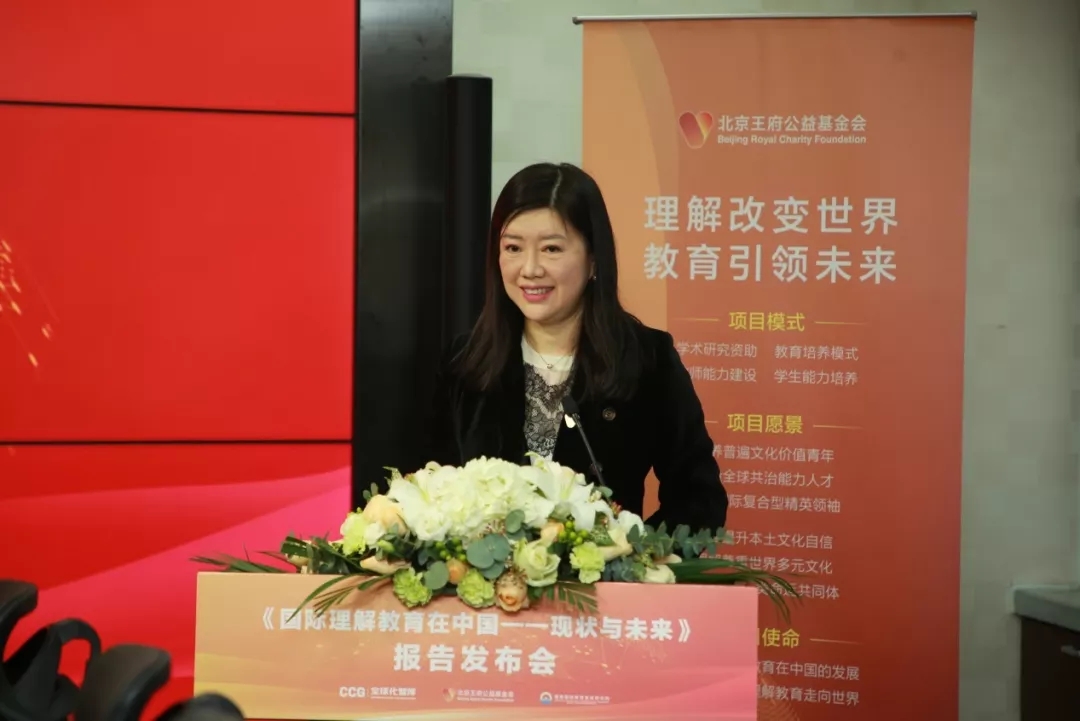
Pan Jun, chairperson of BRCF
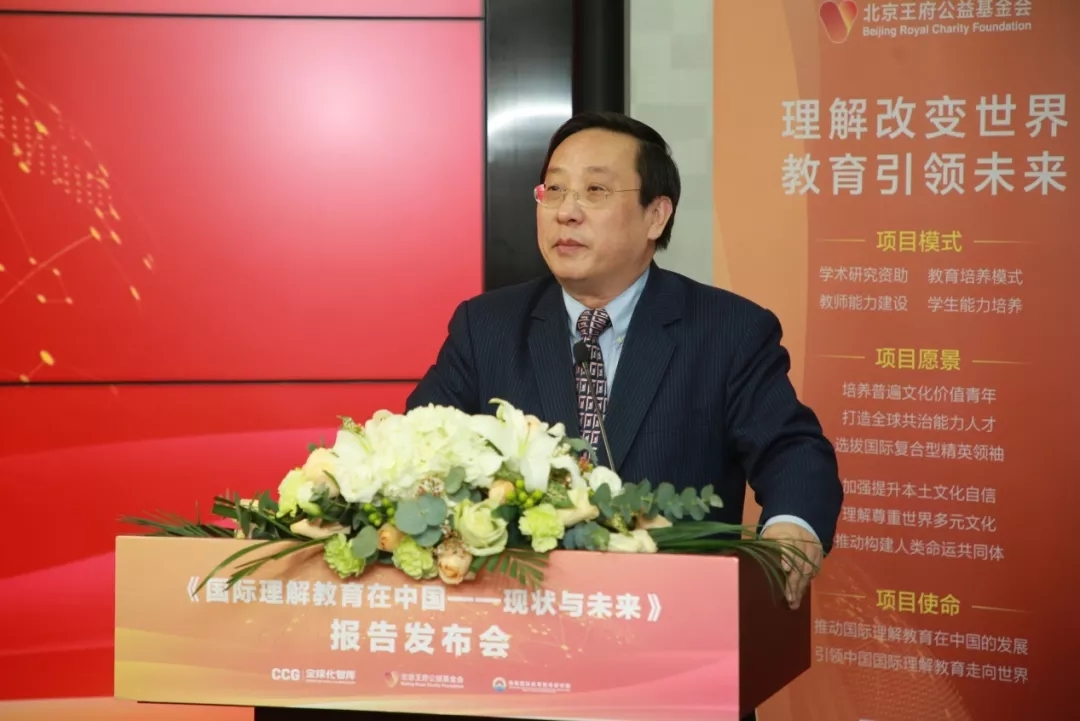
Victor Gao, vice president of CCG
Pan Jun, chairperson of BRCF, and Victor Gao, CCG vice president, delivered speeches emphasizing that China has a positive environment to develop education for international understanding of China.
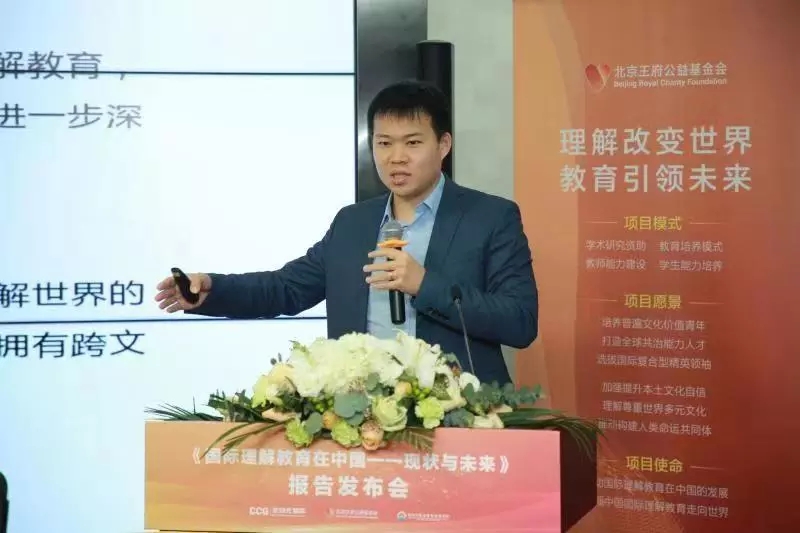
Li Qing, director of Research Department I at CCG
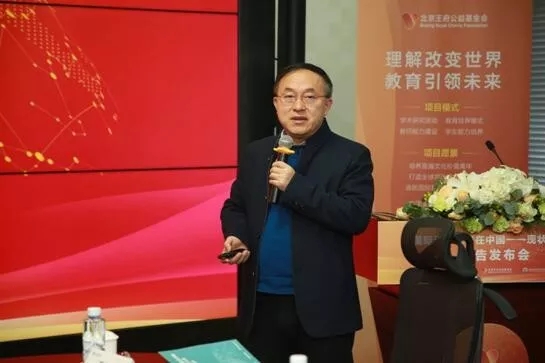
Wang Xiaoyang, president of Research Institute of International Education South-South Cooperation
Li Qing, director of Research Department I at CCG and Wang Xiaoyang, president of Research Institute of International Education South-South Cooperation introduced key points and the main functions of the report.
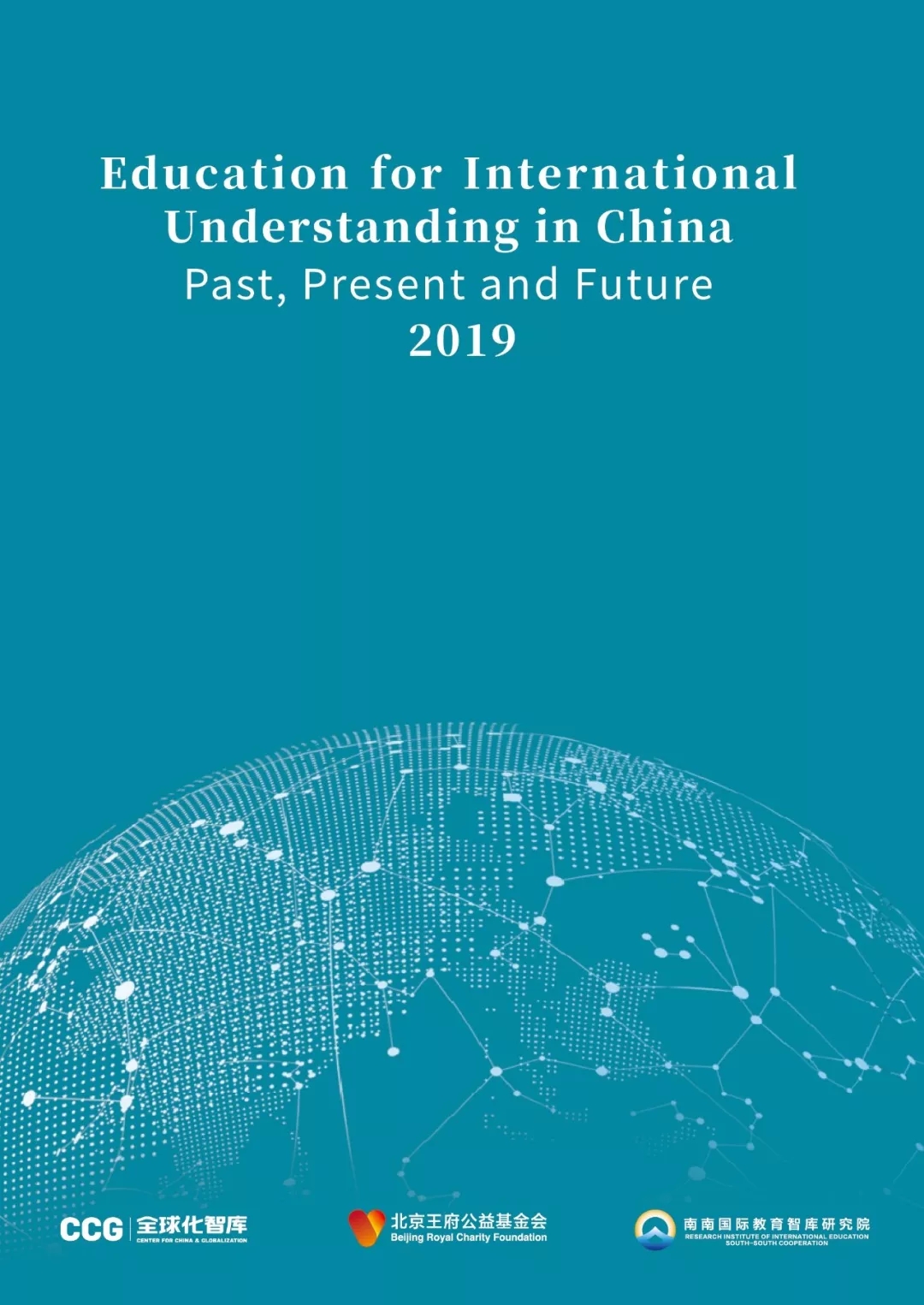
This report is China’s first systematic study initiated by a non-profit organization of “education for international understanding” – covering theory, practice and development. The report summarizes the practical exploration of Chinese schools in the field of education for international understanding and outlines prospects for education for international understanding.
The report aims to support the theoretical research and innovative practice of education for international understanding, and provide a theoretical and practical foundation for the cultivation of talent with international perspective. It has four sections.
◆ The first part introduces the origins and global influence of the concept of education for international understanding and discusses the development and significance of this concept in China.
◆ The second part covers the practical exploration conducted by Chinese schools and non-profit organizations in the field of education for international understanding, covering curriculum, teachers, foreign exchange and cooperation, and evaluation.
◆ The third part, from empirical and quantitative dimensions, introduces the results of the sampling assessment of the revised PISA global competency framework based on China’s national conditions.
◆ The fourth part, based on the aforementioned basis, presents the future prospects of China’s education for international understanding.
Participants engaged in in-depth discussion around the concept of education for international understanding and issues related to it, including the future trend of international education and comprehensive cultivation for global talent.
Participants in this event included Gao Shuguo, deputy secretary-general of the Chinese Society of Education, CCG senior non-resident fellow; Lv Xinhua, president of Council for Promoting South-South Cooperation (CPSSC), former vice-minister of Foreign Affairs of the People’s Republic of China; Ma Xuelei, vice president of Beijing Association of Non-Government Education, vice president of the Non-Government Education Branch of China Education Association for International Exchange; Peng Jianmei, executive secretary-general of China Charity Alliance; Sang Peng, president of Beijing Overseas-Study Service Association; Wang Guangfa, chairman of the Board and president of Beijing Fazheng Group, founder of BRCF; Wang Xiaoning, professor of Beijing Normal University; Xu Haiyu, CCG deputy secretary-general; Zhang Binghai, vice president of Council for Promoting South-South Cooperation (CPSSC); Zhang Qiang, professor of the School of Social Development and Public Policy at Beijing Normal University, etc.





